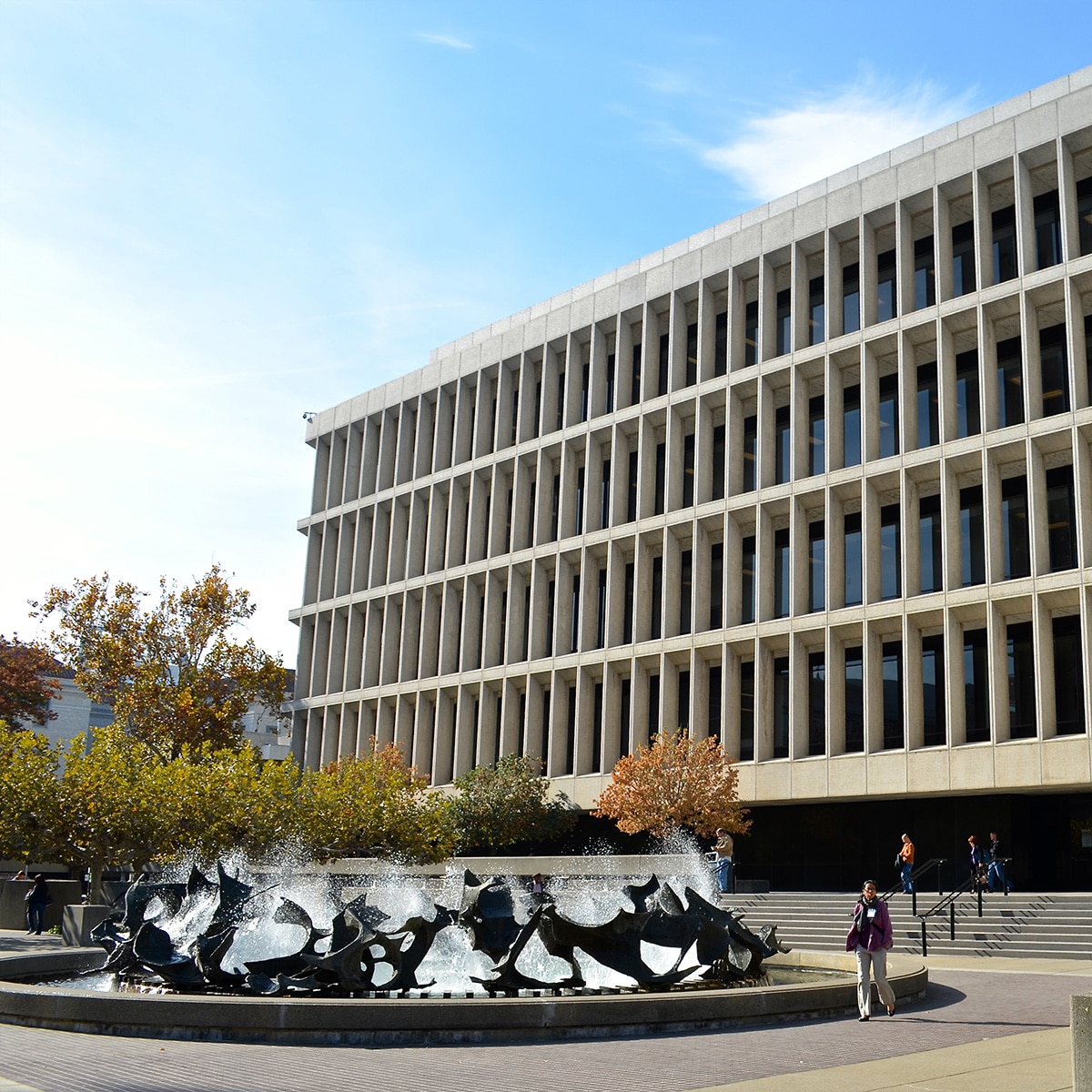

By Madeline Gile
SACRAMENTO – Apparently, technical difficulties can lead to confusion and delays when communicating with a deaf defendant, as evidenced in Sacramento County Superior Court late last week when interpreter Mark Crossley struggled with Zoom technology when translating to deaf defendant, Gene Webber, through written word and American sign language.
In the midst of the Coronavirus, moving forward with life by social distancing over Zoom has been an adjustment for the courts—dreaded time lags, muted microphones, and constant interruptions lead to confusion.
But the Zoom platform adds an extra layer of difficulty while conducting remote court trials with those who are disabled.
American Sign Language interpreter Crossley joined the Zoom call to provide the necessary accessibility that would normally be provided to a deaf defendant during a court hearing.
A written translation of all court actions was required to properly inform the defendant. This was attempted by sharing Crossley’s computer screen. Screen sharing proved difficult and delayed the trial before eventually finding success.
Sharing one screen with the entire audience prevented online viewers, including Webber, from seeing Crossley’s physical sign language, posing further challenges—Judge Scott Tedmon and Deputy District Attorney Anissa Galata were also hidden from the screen’s view.
As the trial commenced, Crossley’s captioning glitched when the text did not show up consistently, making it impossible for Webber to have a full understanding of what was happening.
Requests for a petition to get a real time writer through the accessibility department were made but denied, because the writer on duty was working in the main courthouse rather than the jail courtroom.
After several delays, the translated text began to show up and the trial resumed. The judge spoke slowly to ensure complete accuracy of translation but Crossley’s software suffered from technical difficulties once again.
Judge Tedmon decided to pass on the matter and recall the case at a later time, because the Zoom platform could not accommodate clear communication between Webber and his interpreter.
After several cases, Webber was called back and offered a case dismissal in exchange for attending 12 anger management courses, either in person or online. Webber accepted by nodding.
The victim, who was present in the courtroom, also used alternative methods to communicate with Judge Tedmon and requested the termination of No Contact Order previously ordered during an arraignment.
“I ask for peaceful contact,” the victim wrote out on a phone, “I ask the RO be removed today.” Fortunately, this method of communication worked more smoothly.
A peaceful contact order was requested by Galata in response to the request for the removal of the No Contact Order to protect the victim. The court terminated the No Contact Order and replaced it with a Peaceful Contact Order.
Webber’s review hearing is Dec. 10 at 8:30 a.m. in Sacramento Superior Court Department 60.
To sign up for our new newsletter – Everyday Injustice – https://tinyurl.com/yyultcf9





